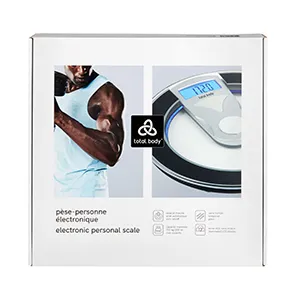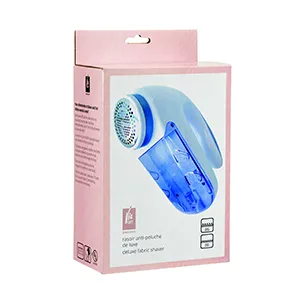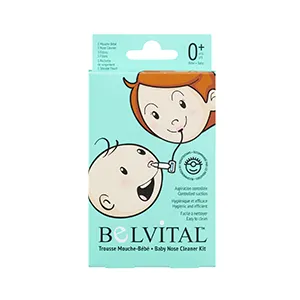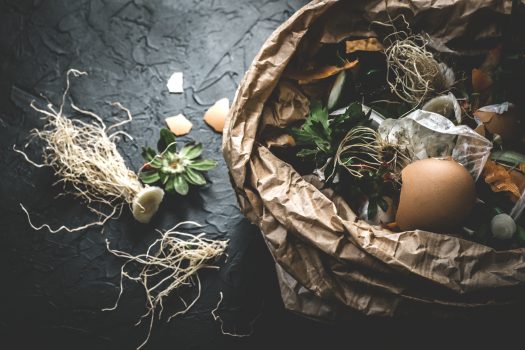November 1, 2023 Home Remedies to Help Ease Pneumonia Symptoms

November 12 is World Pneumonia Day, a day that aims to raise awareness and remind us about the seriousness and potentially life-threatening nature of this lung infection. As pneumonia is a serious condition, one that requires medical attention and often hospitalization, you can’t treat or cure it at home. But there are home remedies that can help you relieve symptoms and promote healing during your recovery. Read on to discover more about pneumonia and a few things you can do to soothe the pain and discomfort.

What is pneumonia?
Pneumonia is an inflammation of the lungs due to an infection of the airways. It is most often caused by viruses, bacteria, or fungi transmitted from one person to another. According to the American Lung Association, the most common type of bacterial pneumonia is pneumococcal pneumonia and people 65 years of age and older are 13 times more likely to be hospitalized than younger adults if they contract it. Moreover, in severe cases, pneumonia can be life threatening.
Causes and symptoms of pneumonia
Often, pneumonia will develop because of another illness or infection such as the flu, chronic obstructive pulmonary disease (COPD), and COVID-19.
Common symptoms of pneumonia include:
- Cough
- Shortness of breath
- Chest pain
- Fever
- Chills
- Fatigue and muscle aches
- Headache due to persistent coughing
If you or someone you know appears to be suffering from pneumonia, it is important to seek medical attention.
Home remedies to help relieve pneumonia symptoms
Pneumonia is a serious condition that requires medical attention. Depending on the causes, your doctor may prescribe medication to treat the infection. And recovery can take some time, from weeks to a month. However, there are some home remedies you can try while you recover:
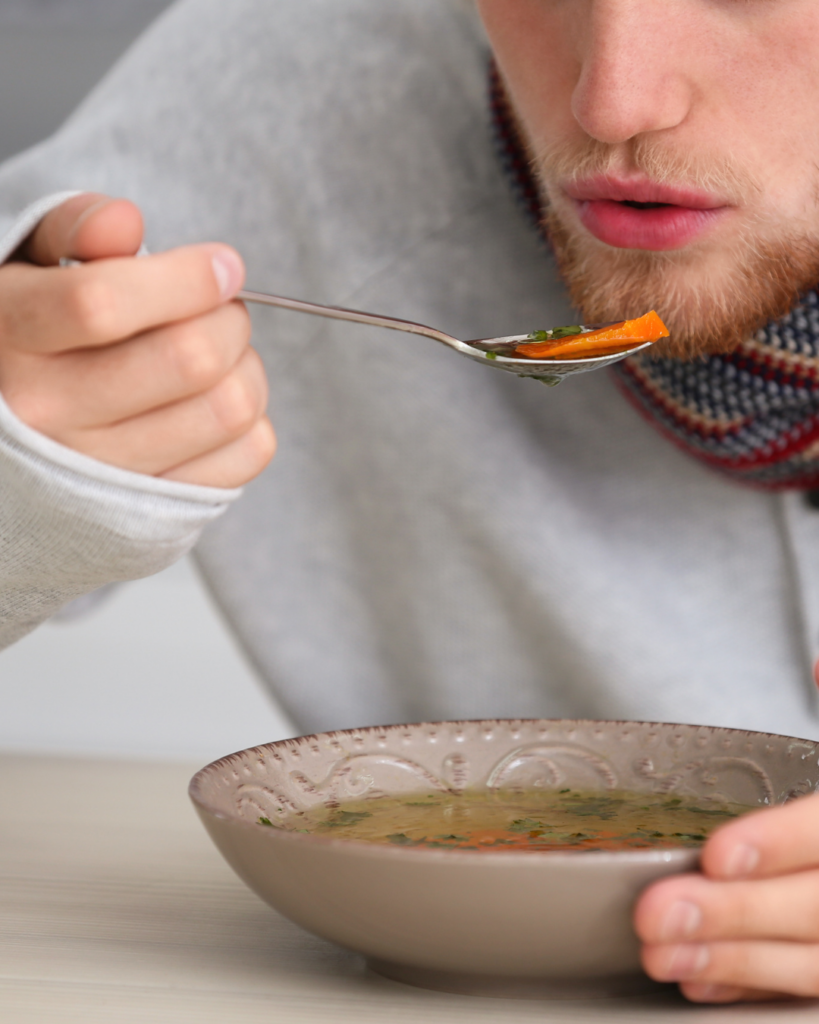
- Drink plenty of fluids to stay hydrated and help loosen up mucus. Some good options include broth-based soups like chicken soup, tea, and water.
- Try a mixture of warm honey and lemon to help with the coughing especially if it is keeping you up at night.
- Take over-the-counter pain medication such as ibuprofen and acetaminophen to help ease aches and fever. Remember to always read the label and take as directed.
- Use a warm compress like a Magic Bag to make you comfortable while you wait for your fever to go down. Place the compress on your forehead or neck for 20 to 30 minutes to cool down your body.

- Use steam from a warm bath or shower to help break up the mucus in your lungs. You can also try a humidifier to add moisture to the air.
- Try turmeric tea, supplements, or adding the spice to food to help fight the infection and irritation. But beware, ingesting too much can upset your stomach.
- Sip a cup of warm ginger, peppermint, eucalyptus, or fenugreek seed tea to help ease certain symptoms such as chest pain, cough, and fever.

- Eat a nutritious and well-balanced diet to help get you back on your feet.
- Finally, get plenty of rest. And when you start to feel better, take it easy—you don’t want to give the pneumonia a chance to come back!
Pneumonia is a serious infection of the lungs. If you are coughing and experiencing shortness of breath, chest pain, fever, chills, and muscles aches, it is important to see a doctor and get proper medical care. Once you are on the road to recovery, use the home remedies above to help soothe symptoms.















